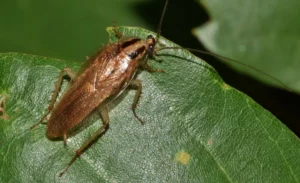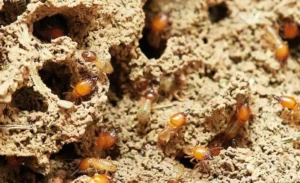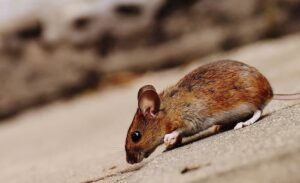
Cockroaches: Facts vs Myths
Cockroaches: Facts vs Myths Cockroaches are notorious creatures renowned for their tendency to rapidly infest homes, cause health problems, and spark havoc and fear. Because of their terrible reputation, most people are understandably disgusted by these pesky creatures. Despite the negative press, cockroaches are actually quite useful creatures with an important environmental role, which many


